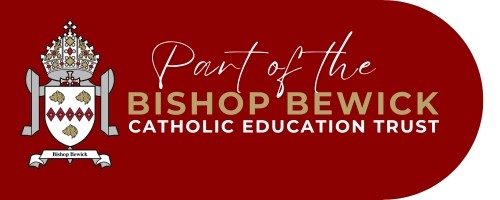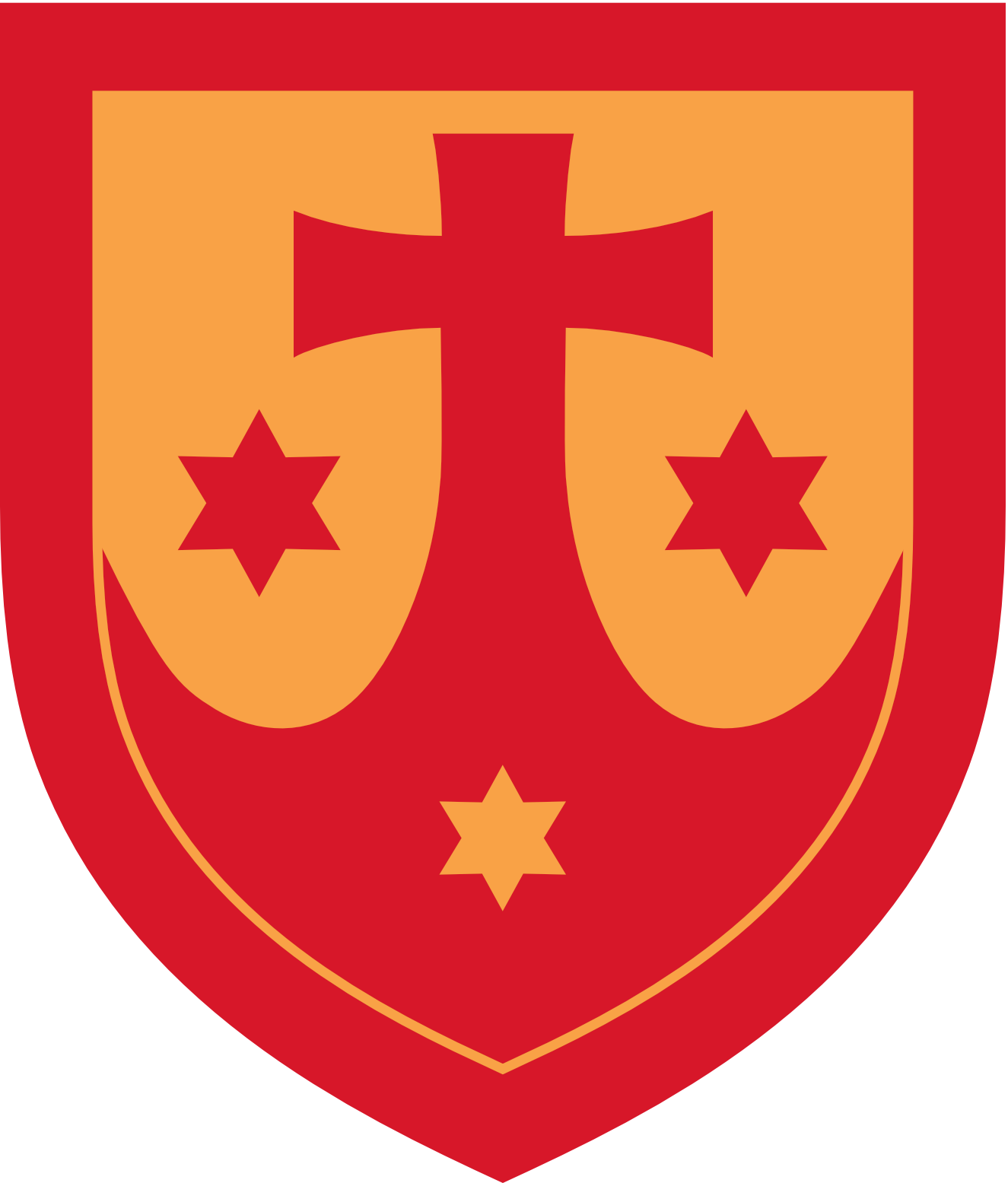
SCIENCE
INTENT:
Why do we teach science? Why do we teach it the way we do?
Science provides children with the opportunity to understand the world around them and provides an exciting context to apply many of the other skills and disciplines they learn at school. The science National Curriculum identifies three key areas in which the children should be taught: knowledge and understanding; working scientifically and the application of science.
At St. Teresa’s we believe that children learn science best by doing and seeing; by providing the children with a range of opportunities to actively carry out different types of scientific enquiries, we ensure that working scientifically and application of knowledge is embedded into the heart of our science curriculum. Our school endeavours to ensure that every child is given the opportunity to enjoy and make progress in science. In addition, the wider curriculum provides many opportunities to apply and deepen children’s understanding of science.
IMPLEMENTATION:
What do we teach? What does this look like?
Our science curriculum follows closely the progression of both knowledge and skills that are set out in the National Curriculum. We have adapted Focus Education as the basis for our science curriculum and this is delivered using a block curriculum approach which is part of Years 1 to 6. The block teaching approach refers to a ‘block’ of time being devoted to a science unit and the prescribed set of learning objectives and outcomes within the are being taught. This allows teachers to immerse children in the subject as well as allowing greater flexibility in planning to engage the learners. Big questions and key ideas (and misconceptions) are included within the curriculum planning; these promote discussion, challenge thinking and scientific enquiry.
We also promote discussion and query within our science curriculum that allows us to teach children that science helps our understanding of the world around us, and that everything we know about the universe, from how trees reproduce to what an atom is made up of, is the result of scientific research and experiment. In this sense, we aim to embed the value of science and how advances in science have had a huge impact on human progress throughout history.
Key vocabulary is identified for each science unit and it is expected that these keywords will be explored through teaching and be displayed on science working walls. This vocabulary is also evident in the knowledge organisers that are present in children’s books at the start of each new unit of work. The knowledge organisers also act as a reference point for children throughout the unit.
The school takes part in STEM week (a week-long event focused on science, technology, engineering, and mathematics) every year. STEM education creates critical thinking, increase science literacy, and enables children to be innovative. We make full use of our unique school grounds and rural setting; for example, our forest school and pond area, or by using the park in which our school is fortunately set. Our promotion of outdoor learning and the children’s forest school lessons, complement the science curriculum and provide a real context for the children to apply their knowledge and skills.
The implementation of this is monitored by the subject leader and we promote both teacher and pupil voice in aiming to refine and improve our development and teaching of science. Class teachers are given regular Continual Professional Development (CPD) to ensure they have the skills and knowledge to be able to do this.
In the Early Years Foundation Stage (EYFS), children begin to develop an understanding of science through the broad area ‘Understanding the World’. Children explore and find out about the world around them and begin to ask questions about it. As children progress through the school they are given a wide range of scientific experiences as they are introduced to more complex scientific ideas. Children learn to ask scientific questions and begin to appreciate the way science is an integral part of our everyday modern life and will affect the present and the future on a personal, national and global level.
The curriculum develops scientific knowledge and conceptual understanding through a range of topics from the disciplines of biology, chemistry and physics. Children work scientifically and develop their understanding of scientific enquiry by establishing and evaluating explanations through experimental evidence and modelling. Children apply their mathematical knowledge to their understanding of science, including collecting, presenting, and analysing data.
IMPACT:
The science subject leader uses the following lines of enquiry to assess the impact of the science curriculum:
The profile of Understanding of the World in Early Years.
The use of a long-term plan and progression of skills based on both the National Curriculum requirements and Focus Education for Year 1 through to Year 6.
A promotion of scientific enquiry in both indoor and outdoor classroom environments EYFS, Year 1 – Year 6.
Understanding the World assessment data on Target Tracker (EYFS).
End of Key Stage 2 science sampling results and comparisons against national results (when applicable).
Discussions with pupils and teachers in the form of pupil voice and teacher voice.
Learning walks during teaching of science with the science lead, Head Teacher, and link governor for science.
Sharing best practice and ideas from network science meetings.


